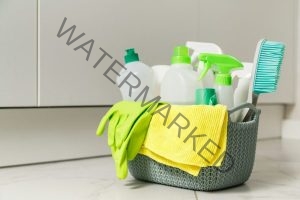Healthy Cleaners
You must clean your house in order to stay healthy, right? Yes, but not the way you might think. You do not need chemicals in order to kill germs, remove grease or clean clothes. There are plenty of natural alternatives that do the same job without the toxic exposures. But what about the kitchen and the bathroom, you might ask? Fear not, because no matter what room of the house you need to clean, there is a nontoxic alternative that will work for you.
Ingredients that you can find around your home make excellent cleaning solutions and the good news is that using these ingredients are often much less expensive than buying ready-made cleaners. No chemical exposure, less healthy risks and more money in your pocket. Sounds like a great solution.
Healthy Cleaners
Nontoxic cleaning product are often called “green cleaning” products because not only are they healthier for a human’s healthy, but they are healthier for the environment, too. Green cleaners often derive their cleaning power from plant-derived ingredients that break down more readily in nature.
Vinegar
This versatile ingredient, which is obviously safe enough to eat, has superior cleaning power and it seems to work on just about anything around the house. You can use a small spray bottle od undiluted white vinegar to clean countertops, windows and other durable surfaces. You can also use a half-and-half mixture of vinegar and water in a spray bottle to reduce the vinegar smell (if you do not like it), while also adding a few drops of essential oils to cover the odor.
You can easily clean your toilets with vinegar by adding a cup or two of vinegar into the toilet bowl and letting it sit for an hour or so. This cap also be done overnight. Then simply scrub the toilet with a brush to clean.
Hydrogen Peroxide
You might have hydrogen peroxide in the medicine cabinet to disinfect cuts and scrapes. Well, the good news is that you can use the same hydrogen peroxide to disinfect your home, too. Hydrogen peroxide kills germs and disinfects just like bleach, yet it is safe enough to apply directly to the skin and has no foul odors that cause healthy problems. The USDA has even found that hydrogen peroxide and white vinegar sanitize better than chlorine bleach.
You must be careful where you apply hydrogen peroxide, though, because it can remove color from fabrics and other surfaces just like bleach can. That is why hydrogen peroxide is great at cleaning mold and other stains in the shower and tub. Pour a small amount in a spray bottle and apply to the stain. Let sit for about an hour and come back to wipe it up. Reapply if necessary. Hydrogen peroxide can also be used to clean the toilet bowl.
You can replace chlorine bleach, which is highly toxic to your skin and respiratory tract, with hydrogen-peroxide-based bleach or simply use hydrogen peroxide itself. Another great aspect of hydrogen peroxide compared to chlorine bleach is that it will not contaminate waterways, since it breaks down into simple oxygen and water.
Baking Soda
This popular ingredient for cookies and other baked goods also works as a great scouring cleaner. The small white grains instantly disappear while scrubbing, yet somehow also remove stubborn, built-on dirt and grime. Mix a few tablespoons with a plant-based soap, for an effective scouring agent.
Tea Tree Oil
Consider adding a small bottle of tea oil to your cleaning routine. Tea tree oil, which can be found with other essential oils in a store, is a concentrated natural oil with a slightly medicinal smell. Tea tree oil is an antiseptic, antibacterial and antifungal and kills mold and germs. It is safe enough to apply directly to skin and is often used in facial cleaners, but it is also an effective additive to your household cleaners. Add a few drops to a spray bottle for extra germ fighting power around the house.
Ingredients to Avoid
There are some chemicals in cleaners that you definitely want to avoid, such as chlorine, ammonia and lye. The problems is, thought, that you can’t know for sure if a cleaner even has these chemicals in them because they are not required to list the ingredients. Even if all of the ingredients were listed, there are so many that can be used in a cleaning product that it would be near impossible to have a handy list of what to avoid and you would need a science degree to pronounce and understand them all.
Be Sociable, Share!





